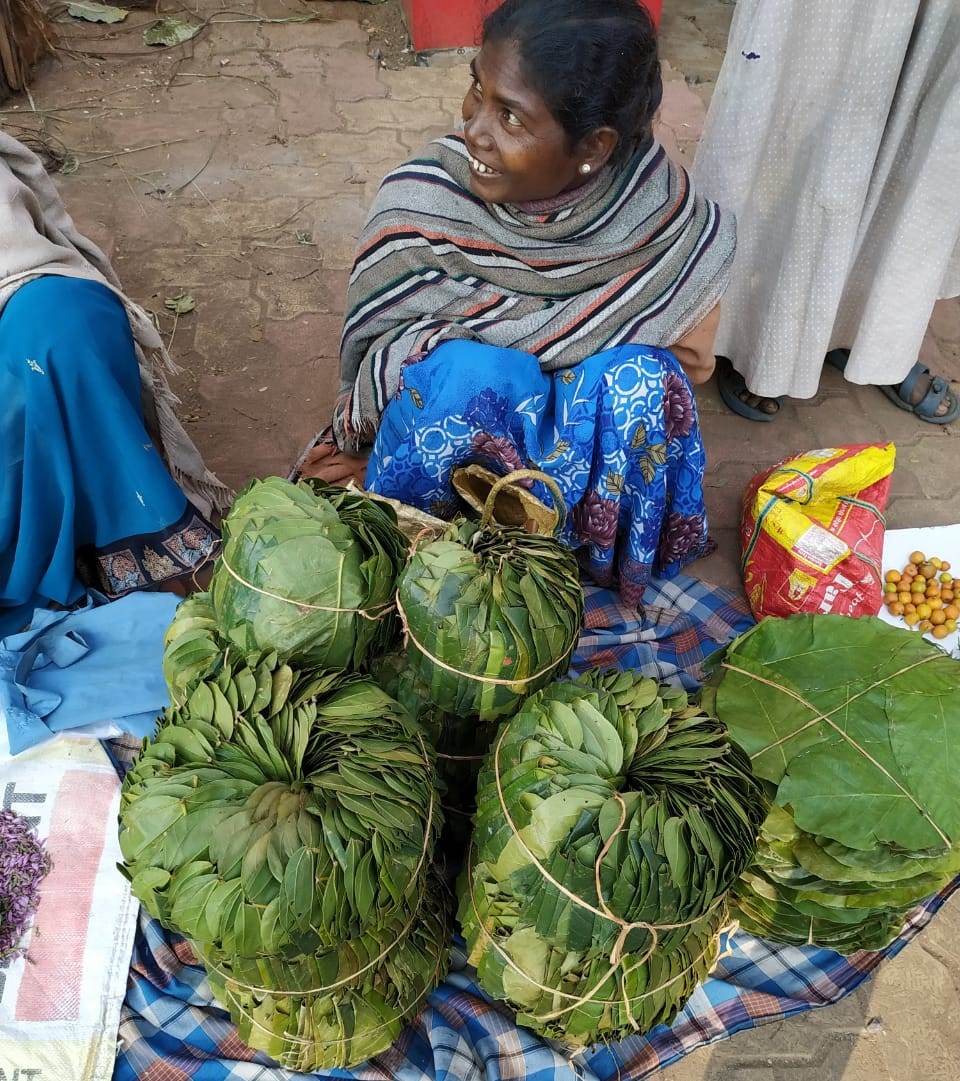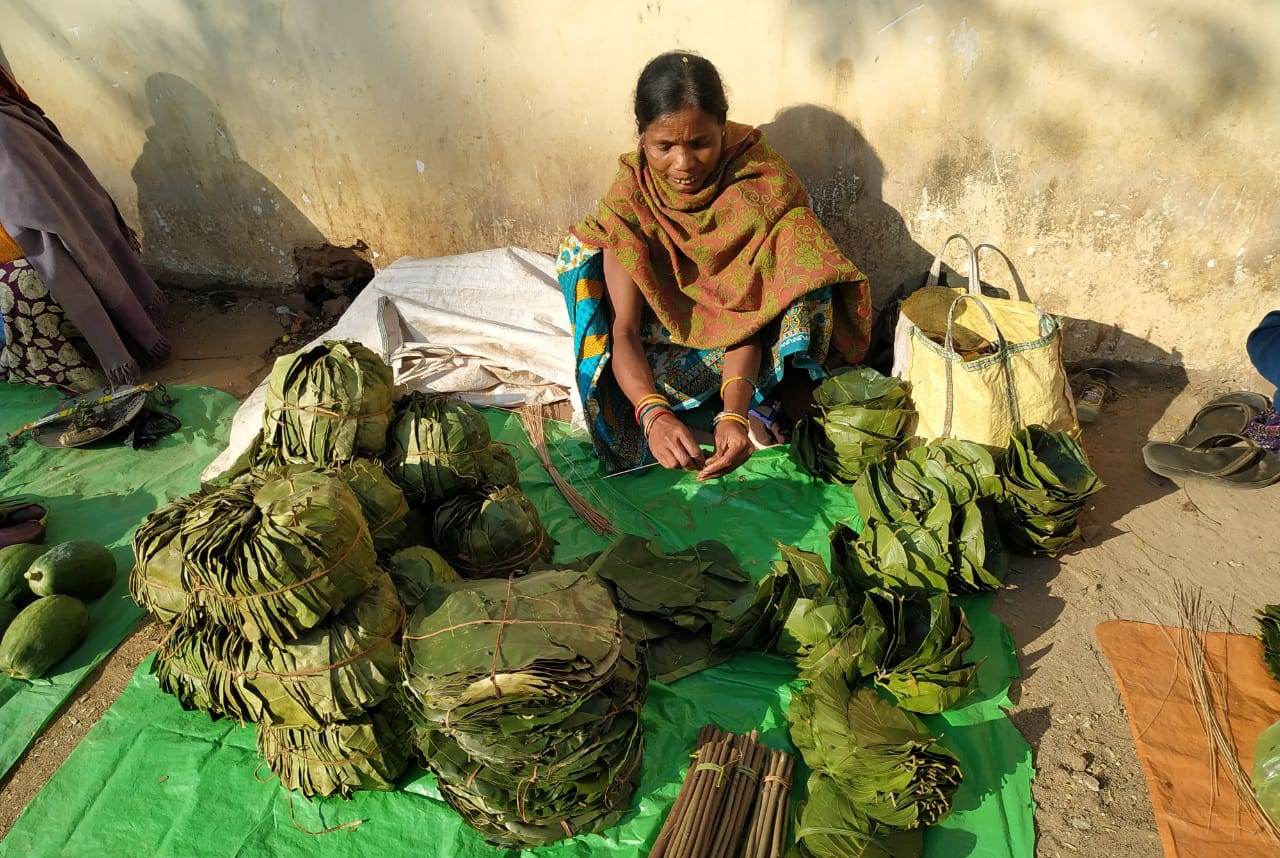The Chief Minister on Monday announced complete waiver of royalty on Sal leaves, a minor forest produce(MFP), benefiting lakhs of people engaged in plucking of these leaves.
Earlier, the government had fixed a royalty of Rs 86 on each quintal of Sal leaves which was borne by the pluckers as traders refused to pay. Besides, the Centre also imposed 18 per cent of Goods and Services Tax (GST), on the MSP but subsequently waived it off following stiff resistance by the Sal leave pluckers.
Nearly, 25 millions of people including those who come under Particularly Vulnerable Tribal Groups (PVTGs) depend on collection of Sal leaves for their sustenance. The leaves are stitched into plates and bowls and sold in the market. While this is a cottage industry for the tribals and traditional forest dwellers living in Sambalpur, Deogarh, Kandhamal, Mayurbhanj and Keonjhar districts, the imposition of royalty and restriction on collection period adversely affected the livelihood of the plucker.
According to forest rights activist, Chitta Ranjan Pani, Sal leaves are collected twice a year – from November to March and from June to July. The collection in the first phase is found to be of good quality while the leaves collected in the second phase are often found fungus-infested.
He further added that the forest department allows them to pluck leaves only for six months a year – January to March and July to September – for regeneration. On the other hand, the pluckers claim the process of regeneration won’t be affected even as they continue to collect leaves round the year as they don’t chop off the branches. No such restrictions have been imposed on collection in

Last month, the Centre hiked the minimum support price (MSP) of Sal leaves from Rs 24 to Rs 30 per kg. As there is increasing awareness among the conscious urban consumers against the use of paper and thermocol plates and bowls, utensils made from leaves are in great demand to replace these non-biodegradable material. The use of leaves will not only environment-friendly, it offers sustainable livelihood to millions of forest dwelling communities, pointed out Pani.
Citing the ecological aspects of Sal, botanist Hemant Kumar Sahoo said Sal or shorea robusta accounts 14% of the total forest areas in India and a dominant tree species in Odisha. “Waiving off the royalty is a great news so far as the ecological aspect is concerned as the forested communities who are dependent on the trees for livelihood will be more encouraged to protect and regenerate the trees in particular and the forests in general.”
He added that Sal is hermaphroditic deciduous tree species that grows up to 20 metre high. Sal leaves and trees are equipped to survive conflagration than other tree species. Sal grows on a wide range of soil types, except in the very sandy, gravely soils close to rivers and in waterlogged areas.
Also read: Odisha Govt Waives Off Royalty On Sal Leaves




 Ms Kalinga
Ms Kalinga